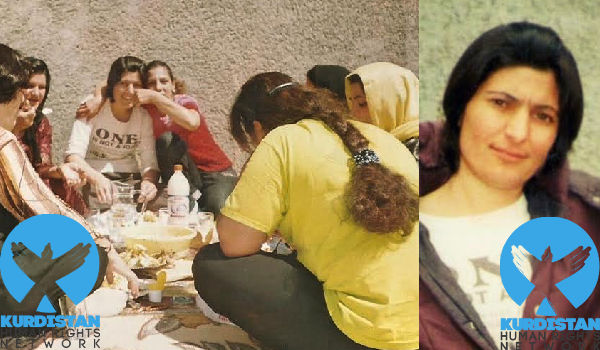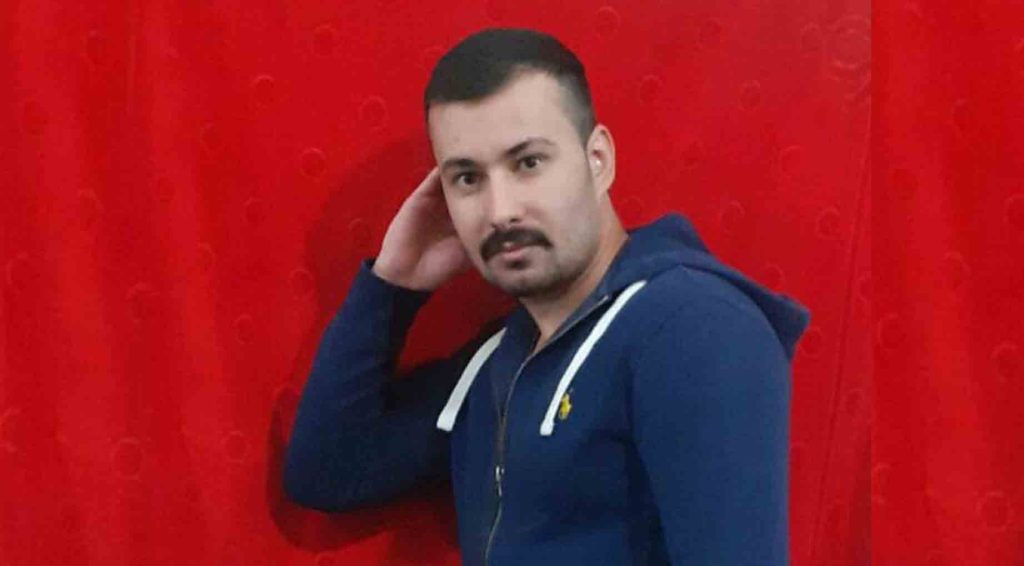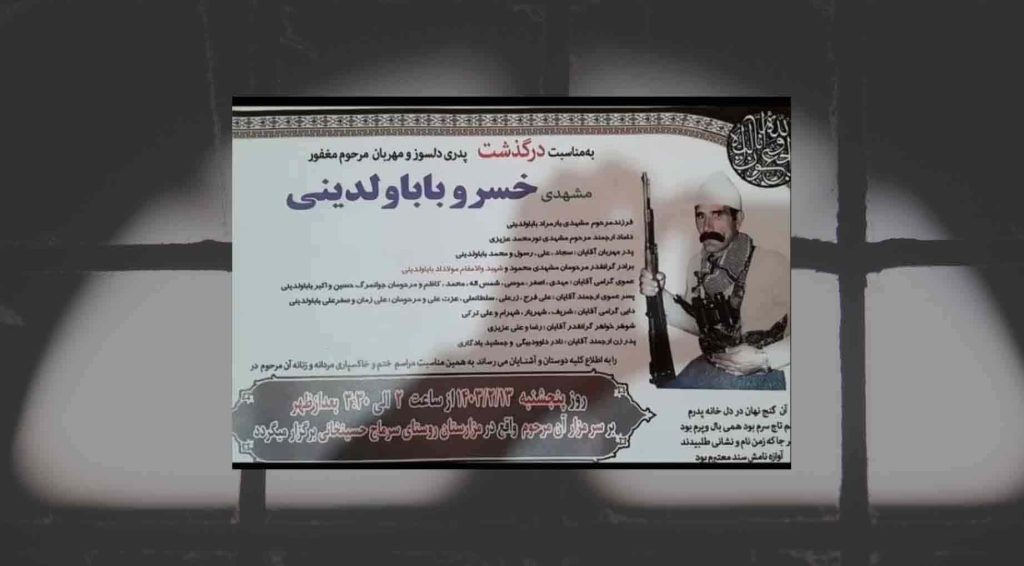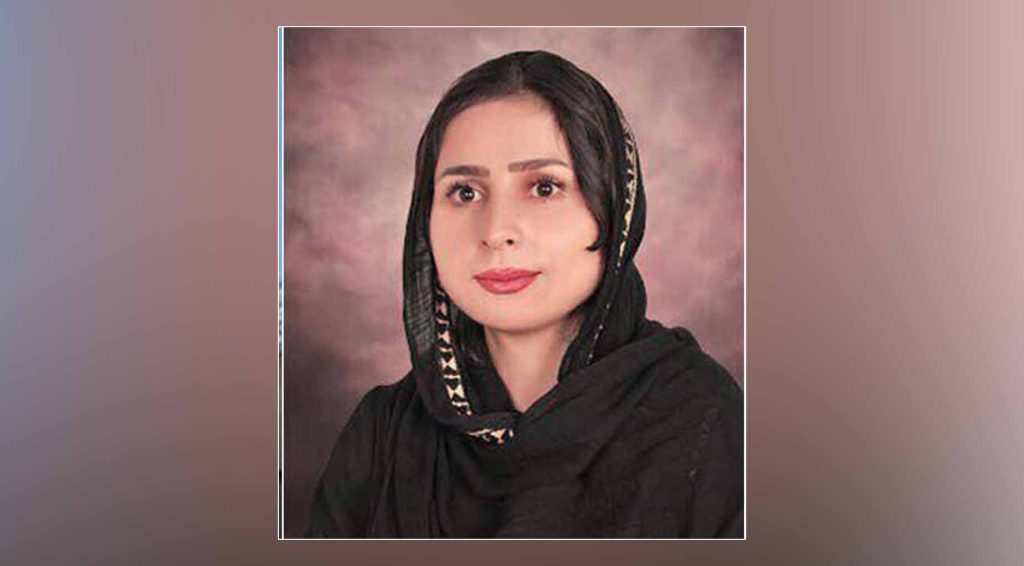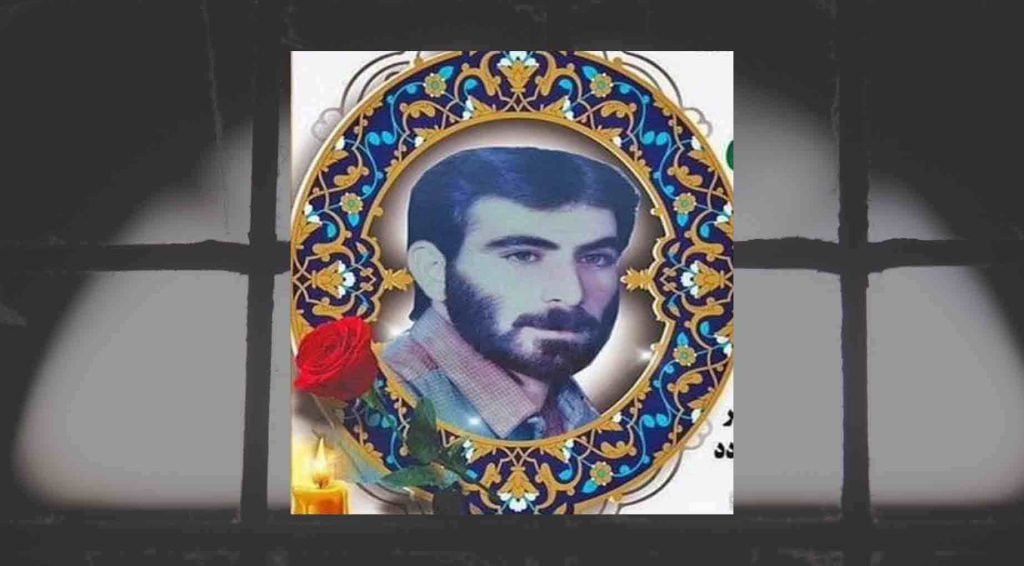During a short interview with Kurdistan Human Rights Network (KHRN), Zeynab Jalalian talked about her ill health and the suspension of weekly visits with her family by the Prison Intelligence Bureau. This political prison has spent the past 10 years in the prison.
“Some time ago, I protested verbally and in writing to widespread use of drugs in the prison. However, not only my protest was not investigated but also my teamaker was contaminated with drugs and even urine.”, She explained while adding that she was illegally banned from weekly meetings with her family. She has not met with her family for 15 days now.
“I am mentally strong but my health is failing. I have requested several times to be transferred to a hospital outside the prison for proper treatment. But the prison authorities have never paid attention to my need for proper treatment. Instead, a television program broadcasted fake news received from the prison authorities who claimed I had been repeatedly given proper treatment.”, she said when asked about the news of her medicinal strike.
Jalalian also stated that the reports about her being treated outside of the prison are all false and authorities have never paid attention to the documents she has provided in support of the authorities denying her treatment at the prison clinic. she has been on a medicinal strike and not taking her prescription pills since February 2017.
In addition to intestinal problems, Jalalian is suffering problems with her eyesight due to pterygium of the eye [A pterygium is a pinkish, triangular tissue growth on the cornea of the eye in addition to septic boils on her tongue both during the night and day. “My eyesight is the same as before but I do not use the eye drop previously prescribed for the Pterygium of my eyes. I had problems with the septic boils only during the night but now I suffer from during the days too. “, she said about her current health condition.
Zeynab Jalalian, born in 1982. is a Kurdish activist from a small village known as Deim Qeshlaq around Maku in Eastern Azerbaijan province in Iran. She was arrested in February 2007 by the Intelligence Services forces of Kermanshah on charges of being a member of PJAK. She was interrogated in the Kermanshah’s Intelligence while being seriously tortured both mentally and physically. Then she was transferred to Kermanshah Youth Rehabilitation Centre for further interrogations but she was repeatedly taken back to the Security Detention Centre for further prosecution.
On December 3rd 2008, Judge Moradi, the Chief Judge of the Revolutionary Court of Kermanshah (branch 1), sentenced Zeynab to death on accounts of “armed actions against Islamic Republic of Iran and membership in PJAK,” possessing and carrying illegal weapons while engaging in acts of propaganda warfare against the Islamic Republic of Iran”. This sentence was later confirmed on April 2nd, 2009 by Judge Ali Mohammad Roshani, of the Kermanshah Court of Appeals (branch 4) despite the contest statements by her lawyer.
She had been held at the detention centres of Iran’s Ministry of Intelligence for over eight months prior to being issued the sentence at the court in Kermanshah. She has said that she had been tortured during those eight months and her family had no information about her whereabouts.
The Supreme Court confirmed her death sentence on 26 November 2009. She was transferred from Kermanshah prison to an unknown location before being taken to Evin Prison in Tehran in early March 2010. She was held in ward 209 of Evin Prison for five months but then transferred to Kermanshah Dizelabad Prison again since she refused to accept the authorities’ condition for emancipation from death sentence. She was offered to be emancipated from this sentence if she would do a TV interview. She was at imminent risk of execution after the sentence was confirmed. However, her death sentence was reduced to life imprisonment in November 2011.
In November 2014, she was transferred to Khoy prison which is three hours away from her family’s residence. Such distance makes visitations for her relatives, specifically her elderly parents, very challenging. During the past 10 years of her imprisonment, she has been denied the right to temporary compassionate leave as well as medical treatment outside prison for her illnesses caused by torture and bad prison conditions.

